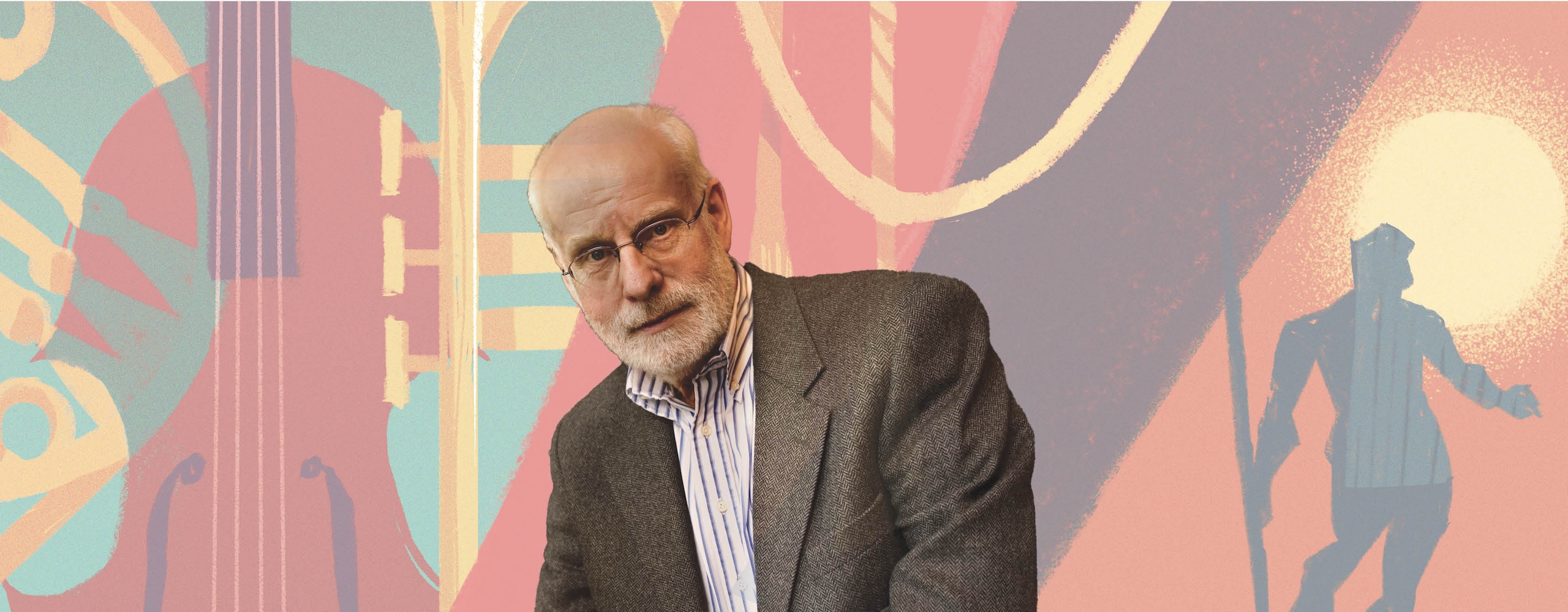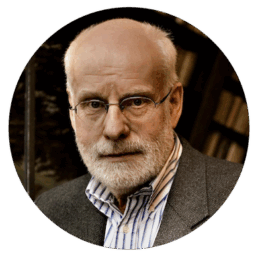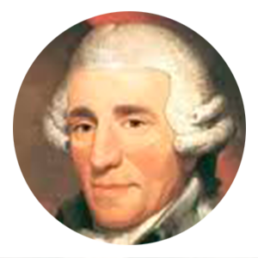CONCERTS 2026 | SYMPHONY
TON KOOPMAN
MOZART Nocturnal Serenade K. 239
HAYDN Symphony No. 100 in G major Military
MOZART Coronation Mass in C major K. 317
10 January | H 20:30Manzoni Auditorium
Soloists
Program
Wolfgang Amadeus Mozart
Night Serenade K. 239
To the sound of a march with a chivalrous flavor begins the new 2026 symphonic season of the Municipal Theater. It is the incipit of the Serenata Notturna K. 239, written 250 years ago by a 20-year-old Mozart, already an absolute master of that lofty and at the same time delightful language, capable of reconciling the playful and serious, brilliant and compassionate register. And in this joyful concession to the worldly reality of Salzburg – from which the composer would later flee to seek his fortune in Vienna – there are still echoes of the Baroque concerto grosso: a string quartet (two violins, viola, double bass) contrasted with the “stuffing” of strings and timpani. A humor-filled play of sides, with surprising timbral effects.
Coronation Mass in C major K. 317
For Mozart, 1778 was a watershed year, marked by the tragic tour to Paris in which job failure was compounded by the death of his mother. The return to Salzburg, with readmission to Cardinal Colloredo’s payroll, smacked of defeat. But prodigious was the artistic reaction: in a few months the Sinfonia Concertante K. 364, the Concerto for two pianos K. 365 and the Coronation Mass, intended not for a sovereign but for the feast for an image of the Virgin venerated at Maria Plain, near Salzburg, were born. In this sacred page from 1779 one can already sense Mozart’s fatal attraction to the theater, shortly to be sealed byIdomeneo. And for those who like to see the strange path of certain musical ideas, listen to the opening theme of the Agnus Dei, the direct parent of “Dove sono i bei momenti,” one of the finest arias in the future Marriage of Figaro.
Franz Joseph Haydn
Symphony No. 100 in G major Military
“Without Haydn the world would be poorer,” the great conductor Wilhelm Furtwängler once said. He was not exaggerating. Certainly without his London symphonies it would be hard to imagine Beethoven and the symphony’s later development. The “Military,” so dubbed because of the martial tone that breaks the regular progression of the second movement, is a masterpiece of serene and masterful music writing, a necessary table of comparison for all later composers, symphonist, operatic or purely entertaining. One only has to think of certain passages already unmistakably typical of Johann Strauss I’s future marches, where the militaristic tone is historiated with irresistible ironic veins.
Orchestra and Chorus of the Teatro Comunale di Bologna
Chorus Master Gea Garatti Ansini
45 min. before the start of the concert, the audience is invited to an in-depth discussion of the program by Luca Baccolini, which will be held on the lower floor of the Theater.
Luca Baccolini
journalist, music popularizer and writer, works with the Bologna editorial office of Repubblica and is on the editorial staff of the monthly Classic Voice. For Newton Compton he has published ten books on the history of Bologna. He is the author of theatrical subjects and collaborates as an essayist and popularizer with the most important Italian lyrical symphonic institutions.
SECTOR 1
Full: €45
Over65: €35
Reduced30-35: €30
U30: €25
SECTOR 2
Full: 40€
Over65: 30€
Reduced30-35: 25€
U30: 20€
SECTOR 3
Full: 35€
Over65: 25€
Reduced30-35: 20€
U30: 15€
SECTOR 4
Full: €15
Tickets at €10 for all students enrolled at the University of Bologna, the Academy of Fine Arts of Bologna and the G.B. Martini Conservatory of Music for concerts of the 2026 Symphonic Season.
On sale only during Ticket Office presale hours (Tuesday to Friday from 12 to 6 p.m. and Saturdays from 11 a.m. to 3 p.m.), from one week before the concert, by presenting university badge and self-certification of enrollment for the current year.
This post is also available in: Italiano (Italian)








